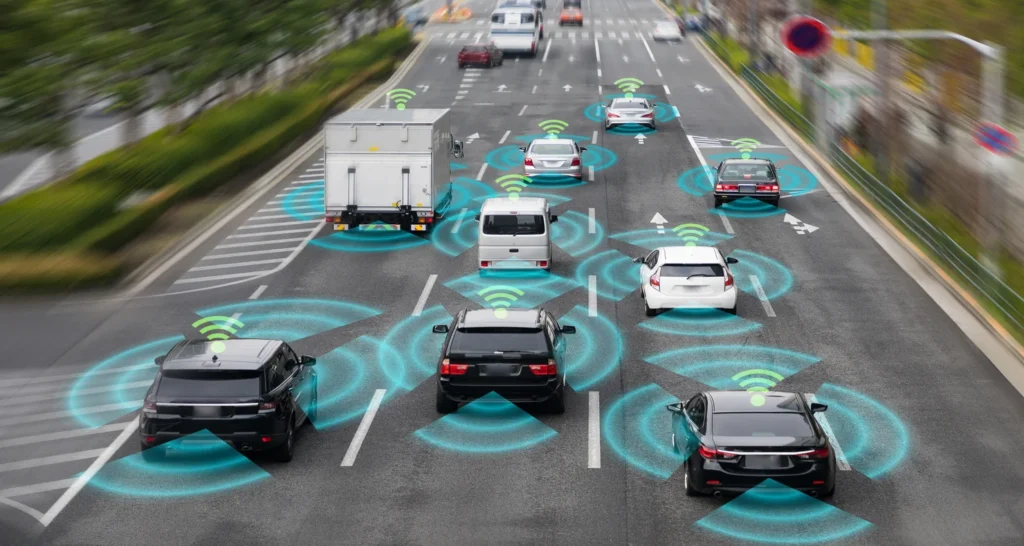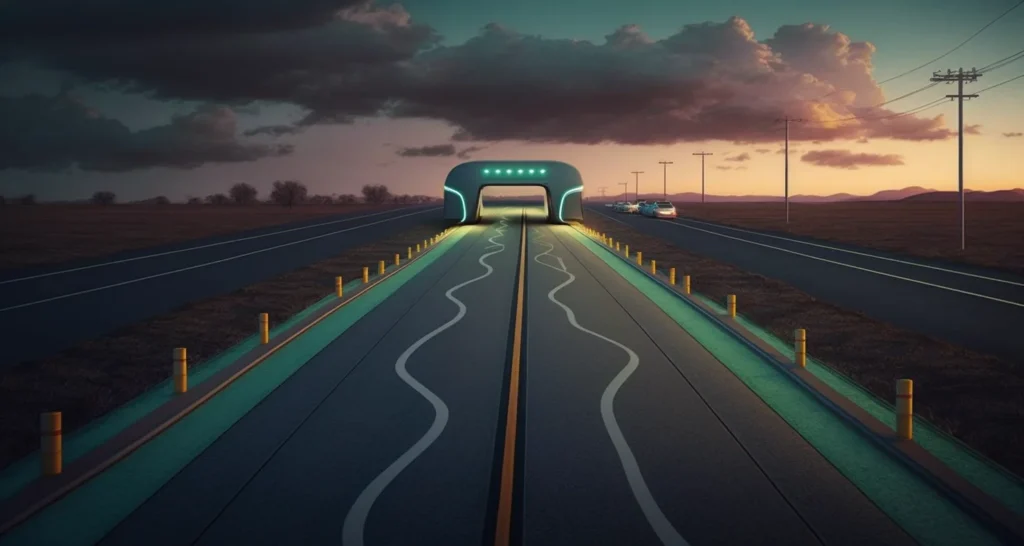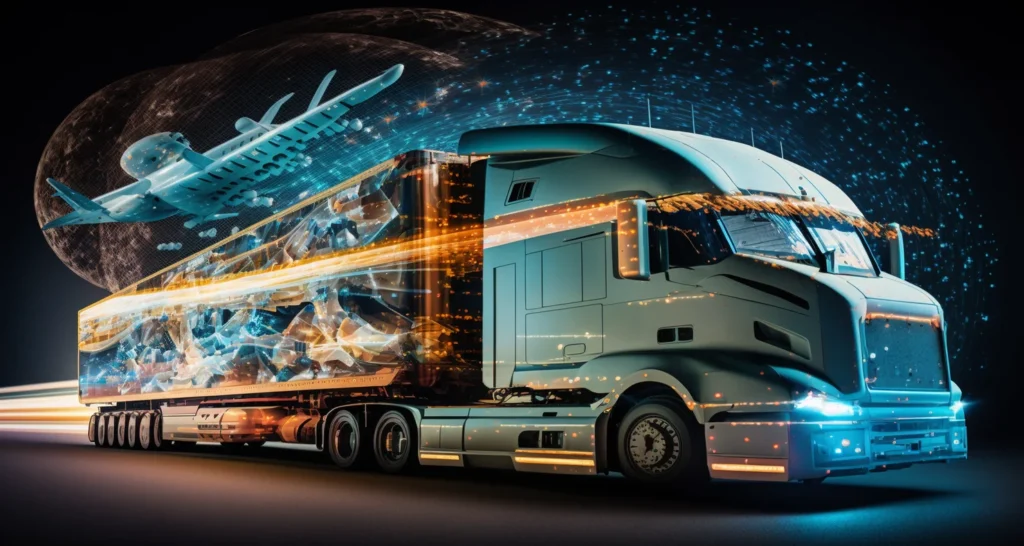In the past, toll collection stations on highways often proved to be difficult for people to drive through. People needed to get the exact change out to throw into a bucket or other spot just to get a toll gate to rise. Those who did not have that change often had to go to a drive-up counter to pay a person something and then wait to get the change back. This problem would especially be concerning truck drivers who have to pay more because they have more axles in their vehicles.
Today things are changing on country roads. Smart toll collection systems are making it easier for people to get through these stops. A system such as this uses a wireless system that improves how money is collected. It uses a simplified approach to handling tolls that run quickly.
A Simple toll collection process
The smart toll collection process works with a few steps. But to make it work the driver must have a proper receiver on one’s vehicle.
The highway group responsible for setting up toll stations must apply a passive RFID reader into each spot. The reader uses an antenna that identifies transponders that have connections that link up to the RFID. The antenna takes in the signals that transponders produce.
Meanwhile, the driver has a small transponder inside one’s vehicle. The unit has a signal or sensor that is identified by the RFID reader. The transponder would have to be placed on a dashboard or windshield among other spots where the toll station can identify it. The unit may also come with a bar code or other chip that links to a specific account.
Such a readout gathers information at fast speeds. Sometimes the driver might have to slow down by a small amount for the toll system to fully read the transponder information.
The setup ensures that traditional toll payment stations are a thing of the past. Toll companies have the right to charge particular amounts to drivers as well. These amounts are calculated based on the location of the toll station and the type of vehicle the user drives. A transponder might be marked based on how many axles a vehicle has or if there are any allowances for the vehicle to utilize.
Funding the toll payment wallet account
Each transponder links up to a vehicle. That car or truck is in turn connected to a particular database. The database gathers information on the driver’s vehicle, address, and payment information. Points on how many axles the vehicle operates on are also covered; this point is critical for commercial trucks.
A bill may be sent by mail to charge the user for all the time someone went through the toll system. In other cases, a pre-paid account may be set up with the funds in that account deducted when the person drives through the proper stations. The SunPass system which operates in Florida works with such a setup to simplify how people pay for toll services.
Will a single toll collection standard work?
The smart toll collection systems used in different parts of the country are vastly varied. Florida has its dedicated system as mentioned just now called the SunPass while Oklahoma uses the Pikepass setup. Each system has its codes and readouts that work specifically on specific toll gates. While the SunPass and Pikepass systems work on some other roads outside their respective states, the options for tolls in such states are still limited. The SunPass option is the only one used on Florida’s toll roads, for instance.
The E-ZPass system is the closest thing people have with regards to using a singular standard for toll payments. The E-ZPass system works in many states along the east coast including New York, New Jersey, Pennsylvania, and North Carolina. It also operates in Illinois, Ohio, and a few bridges in Ontario. This setup is simple for using a uniform RFID link although whether other places will adopt this system in the future is unclear.
Smart toll collection systems keep roads moving smoothly and simplify the process of getting through toll stations. Thanks to such systems, highway entities collect the money they need while traffic issues and the hassles of gathering change are things of the past.













